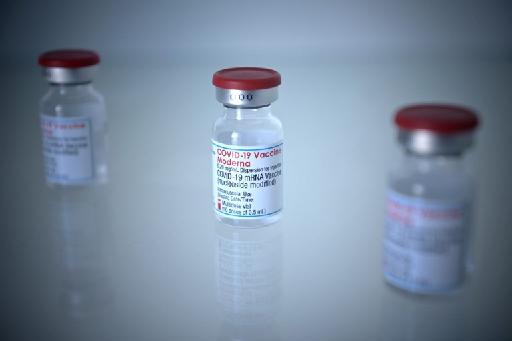The World Health Organisation (WHO) on Friday approved the Moderna coronavirus vaccine for emergency use, making it the fifth vaccine to be validated by the UN health agency.
The WHO had already certified the vaccine developed by Pfizer-BioNTech, the two AstraZeneca doses manufactured in South Korea and India, and Johnson & Johnson’s Janssen vaccine. A decision is also expected, possibly by next week, on the Chinese Sinopharm and Sinovac vaccines.
WHO certification for emergency use allows countries that lack the means to determine the effectiveness and safety of a given medication to gain faster access to the vaccine.
It also enables the COVAX system - set up by the WHO, the GAVI vaccine alliance, and the Coalition for Epidemic Preparedness Innovations, to distribute coronavirus vaccines in less developed nations.
The product developed by Moderna has a 94.1% effectiveness rate and has already been authorised for use in North America, the United Kingdom, and the EU, where it received approval from the European Medicines Agency (EMA).
The vaccine was reviewed on 21 January by the WHO’s Strategic Advisory Group of Experts (SAGE) on Immunisation, which issues recommendations on vaccines, whether they have been certified by the WHO or not.
The group recommended the vaccine’s use for all age groups 18 years and above and that people should receive two shots of the Moderna vaccine, with the second injection 28 days after the first, although they say the second shot could be given up to 42 days (six weeks) after the first in exceptional circumstances, such as a shortage of vaccines.
However, the WHO does not recommend halving the dose.
Moderna's coronavirus vaccine has already been administered to people in Belgium, however, it has received criticism from politicians due to its delays in deliveries, which in comparison with other vaccine manufacturers.
Of the nearly 900,000 vaccines expected to be delivered to Belgium in May, 396,630 doses are from Pfizer, 386,400 from AstraZeneca, whilst just 52,800 will come from Moderna.
The Brussels Times

